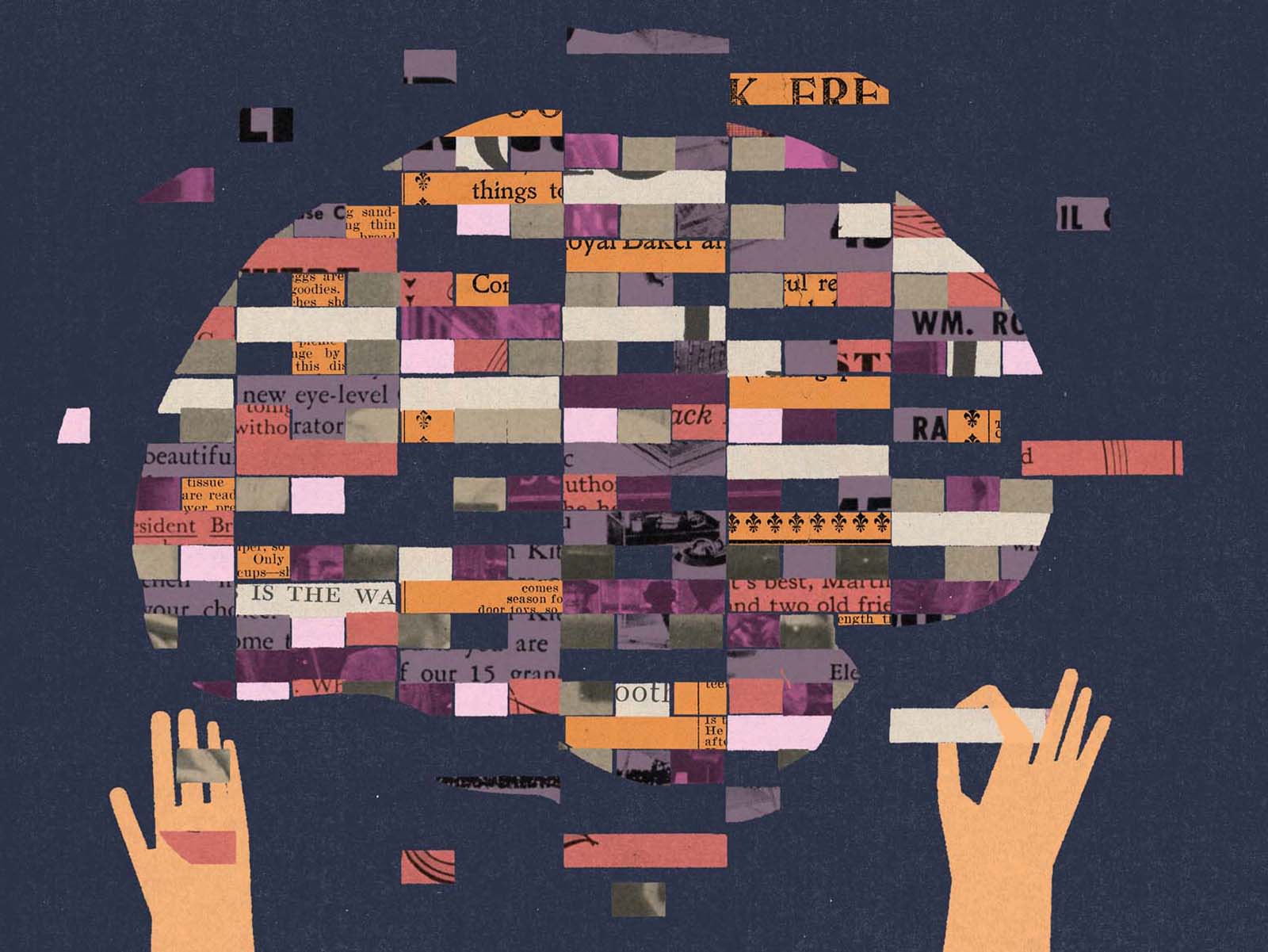The Local newsletter is your free, daily guide to life in Colorado. For locals, by locals.
Michael Pipich couldn’t have asked for better publicity for his new book, Owning Bipolar, than both Mariah Carey and Kanye West revealing this past spring that they’d been diagnosed with the mental health condition. The celebrity links may have raised awareness about the serious illness—which an estimated one to five percent of Americans have—but it also left the masses wondering what, exactly, the often misunderstood disease is. Pipich, a Greenwood Village marriage and family therapist and bipolar disorder expert, sat down with us in advance of his September 25 book release to clear up confusion around symptoms, suffering, and stigma.
Resumé
Name: Michael Pipich
Age: 57
Occupation: Therapist and bipolar disorder expert
5280: So what is bipolar disorder?
Michael Pipich: People with bipolar disorder go back and forth between episodes of major depression and mania. Manic episodes—when they feel euphoric, irritable, and hypercreative—can last a few days at the minimum up to several weeks. In bipolar II, a subset of the disorder, that behavior is not as noticeable. Those individuals tend to be very productive, hard-charging professionals who get a lot done—salespeople, writers maybe. They’re not often thought of as suffering from a psychological problem. But, in fact, they’re going to experience a deep depression at some point. They crash and burn.
What causes it?
We know that it’s hereditary. There are also things that trigger the onset of symptoms: hormonal changes and shifts in brain chemistry, which can be caused by things like substance abuse and life stressors. Those stressors can also prompt shifts between manic and depressive symptoms.
Do patients ever have trouble coming to terms with the fact that they have the disease?
A lot of people actually appreciate getting the diagnosis. They might have been suffering from something for years, misdiagnosed and mistreated often. Nailing it down, knowing what they’re dealing with, can be relieving. But to know that when you feel really good and energized, and then to later get into treatment and be told that that’s a symptom of a mental disorder? They will not want to give that feeling up.
What’s the stereotype linked to bipolar disorder?
The mythical Jekyll and Hyde split personality has always caught the interest of people in a sort of morbid way. We understand more now, but parents and other family members are sometimes still afraid there’s a label attached to that individual that’s going to follow them around. And some believe bipolar is an excuse for people to indulge in impulsive behaviors. What’s really important in our communities is to look at bipolar not as an excuse but as an explanation for what’s been going on.
Why is the shame associated with bipolar stronger than that around depression?
Unlike most forms of depression, bipolar disorder is a lifelong mental illness. Bipolar is something that doesn’t go away because it starts in the person’s DNA. Most people will agree that it’s easier to say, “I had a period of depression or anxiety because I was under a lot of stress and went through really difficult times in my life,” compared to bipolar, which can play out in symptoms even without obvious stressors and other triggers.
Has it helped at all that several celebrities have recently come out as having the condition?
What many celebrities and other public figures have done to raise awareness is definitely positive. More and more, teenagers and young adults feel like it’s OK to have a disorder that’s treatable with medications, such as lithium, and therapy. But I don’t think we’re in that ideal place yet, where everybody can feel comfortable seeking out and maintaining treatment or perhaps even sharing some details about their struggles. One of the reasons why I’ve written this book is to help people feel that they’re not alone. The more we can strengthen a sense of community, the stronger and more empowered people feel—and eventually stigma wears down.









